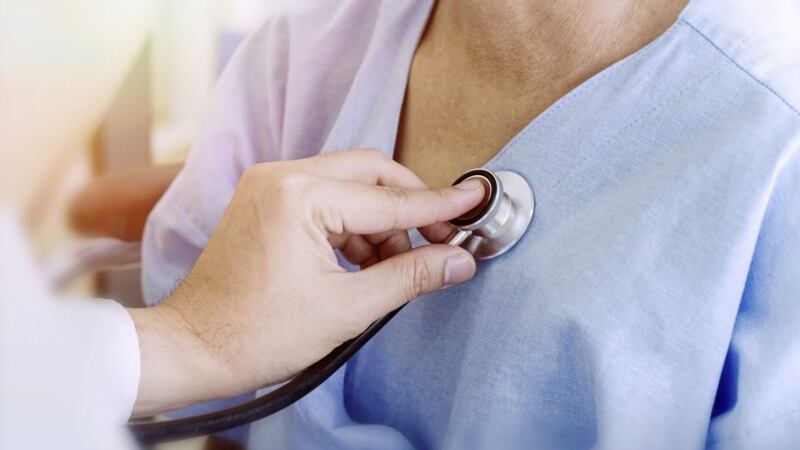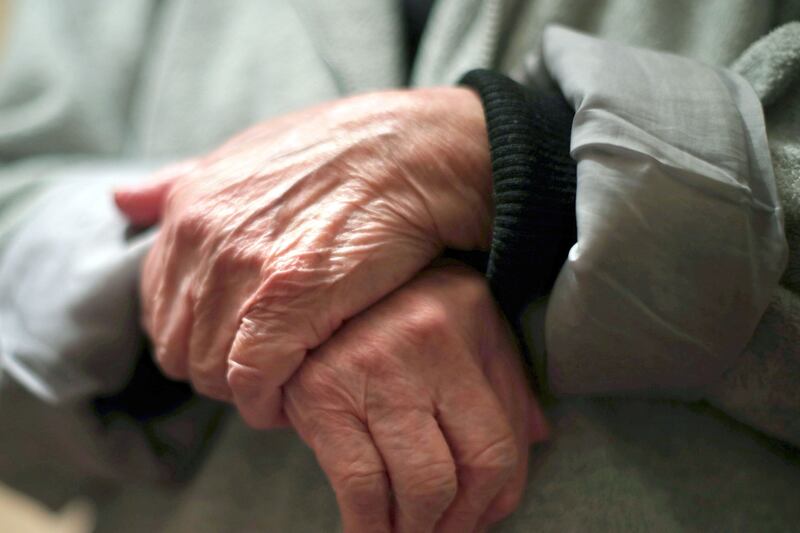A SENSOR the size of a 5p piece could revolutionise the treatment of heart failure, sending a daily readout wirelessly to medics. The sensor, which monitors the blood pressure leaving the heart, could provide a vital early warning of deteriorating cardiac health.
Almost a million people in the UK have heart failure, an incurable condition in which the heart, weakened by a heart attack, high blood pressure or another condition, struggles to pump sufficient blood around the body.
This can cause exhaustion and a build-up of fluid in the lungs and body, causing breathlessness and swollen legs and ankles. A third of patients die within a year of diagnosis.
Treatment includes medications such as ACE inhibitors, beta blockers and diuretic drugs that make patients pass more urine to help relieve swelling and ease breathlessness.
However, patients often don’t realise their condition has deteriorated until it is too late to adjust their treatment at home, and many face repeated hospital stays at a cost to the NHS of £2 billion a year.
In a US trial in 2014, the CardioMEMS sensor cut admissions by 37 per cent, almost halved the length of stay in those who were taken into hospital, and improved quality of life. Now, doctors are researching whether it will be similarly beneficial to the NHS.
The tiny sensor is threaded into the pulmonary artery, which carries blood from the heart to the lungs, via a small incision in the groin under local anaesthetic; a procedure that takes 60 to 90 minutes.
The sensor monitors the pressure of blood leaving the heart. Once a day, the patient lies for a few minutes on an ‘electronic pillow’ that collects data and beams it wirelessly to the hospital.
The data is read by a doctor or nurse, who will also receive an alert if the patient’s condition is deteriorating.
NHS consultant cardiologist Dr Stephen Pettit, who is involved in trials of the device, described CardioMEMS as "a revolutionary system".
© Daily Mail





